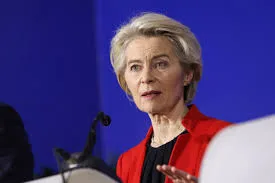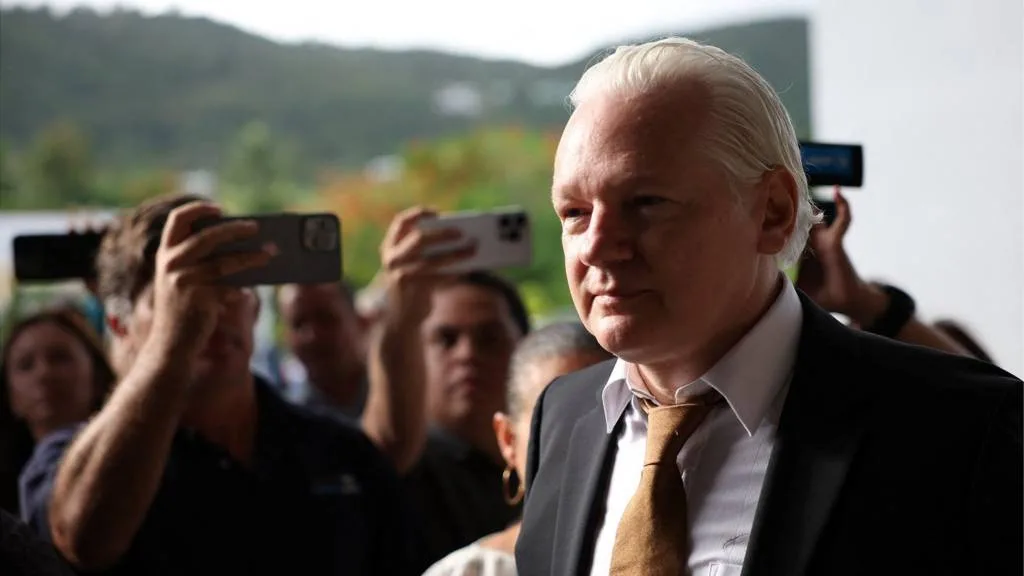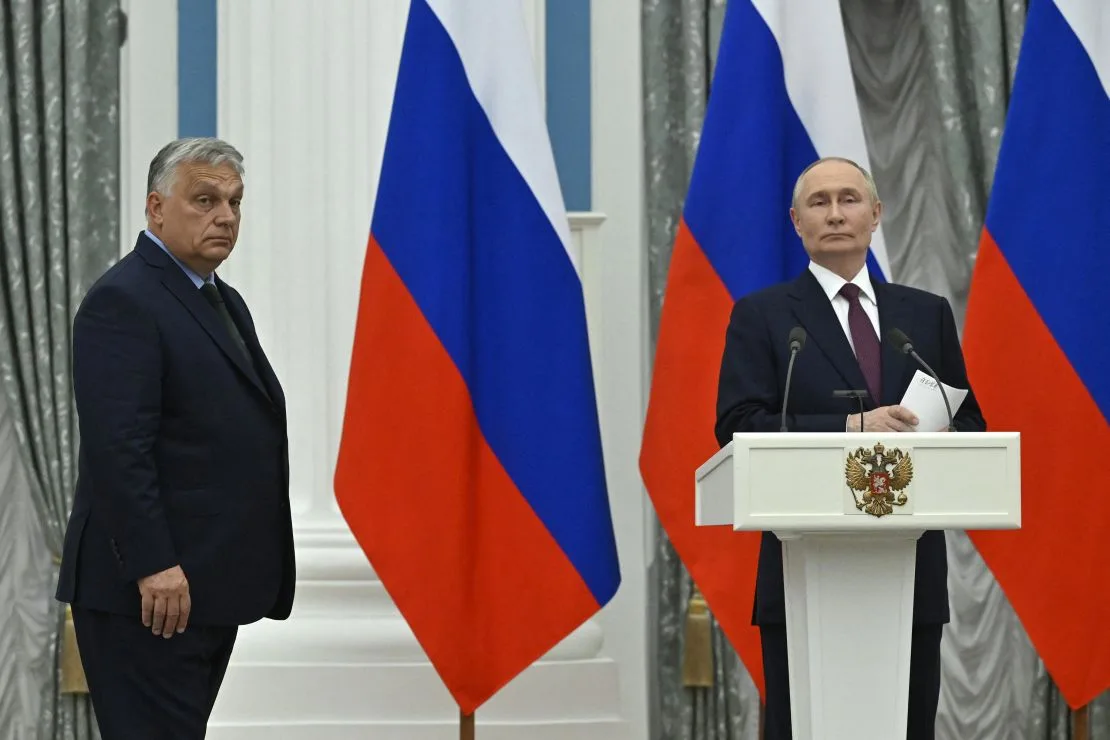Key Points:
“Ursula von der Leyen, current European Commission President, has been nominated to serve a second term.”,
“The nomination comes from the European Council, following discussions at the NATO summit.”,
“Von der Leyen’s first term has been marked by the COVID-19 pandemic, the war in Ukraine, and the ensuing energy crisis.”,
“The nomination is subject to approval by the European Parliament, with a vote expected in the coming months.”,
“The decision reflects a strategic move to ensure continuity and stability during challenging times for the European Union.”
Insights:
“Von der Leyen’s leadership during the Ukraine war, particularly her role in rallying support and sanctions against Russia, has been praised by many European leaders.”,
“However, her handling of the COVID-19 pandemic, particularly vaccine procurement, has drawn criticism.”,
“The nomination signifies the Council’s confidence in her ability to navigate complex geopolitical challenges and advance the EU’s agenda on issues like climate change and digital transformation.”,
“The Parliament’s vote will be crucial, as it reflects the overall sentiment towards her performance and future vision for the EU.”
Von der Leyen’s leadership during the Ukraine war, particularly her role in rallying support and sanctions against Russia, has been praised by many European leaders., The Parliament’s vote will be crucial, as it reflects the overall sentiment towards her performance and future vision for the EU.
Content:
Ursula von der Leyen has been nominated for a second term as the President of the European Commission. The decision, made by the European Council, follows her leadership during a tumultuous period marked by the pandemic, the war in Ukraine, and the energy crisis.
While her nomination reflects the Council’s confidence in her abilities, it is subject to approval by the European Parliament, setting the stage for a crucial vote that will determine the EU’s leadership for the coming years.
Our Perspective:
The decision to nominate Von der Leyen for a second term can be seen as a calculated move to prioritize experience and stability at a time when the EU faces unprecedented challenges.
Her leadership, while not without its critics, has been instrumental in steering the bloc through multiple crises. This nomination underscores the emphasis on continuity and a steady hand at the helm as the EU navigates an increasingly unpredictable global landscape.



